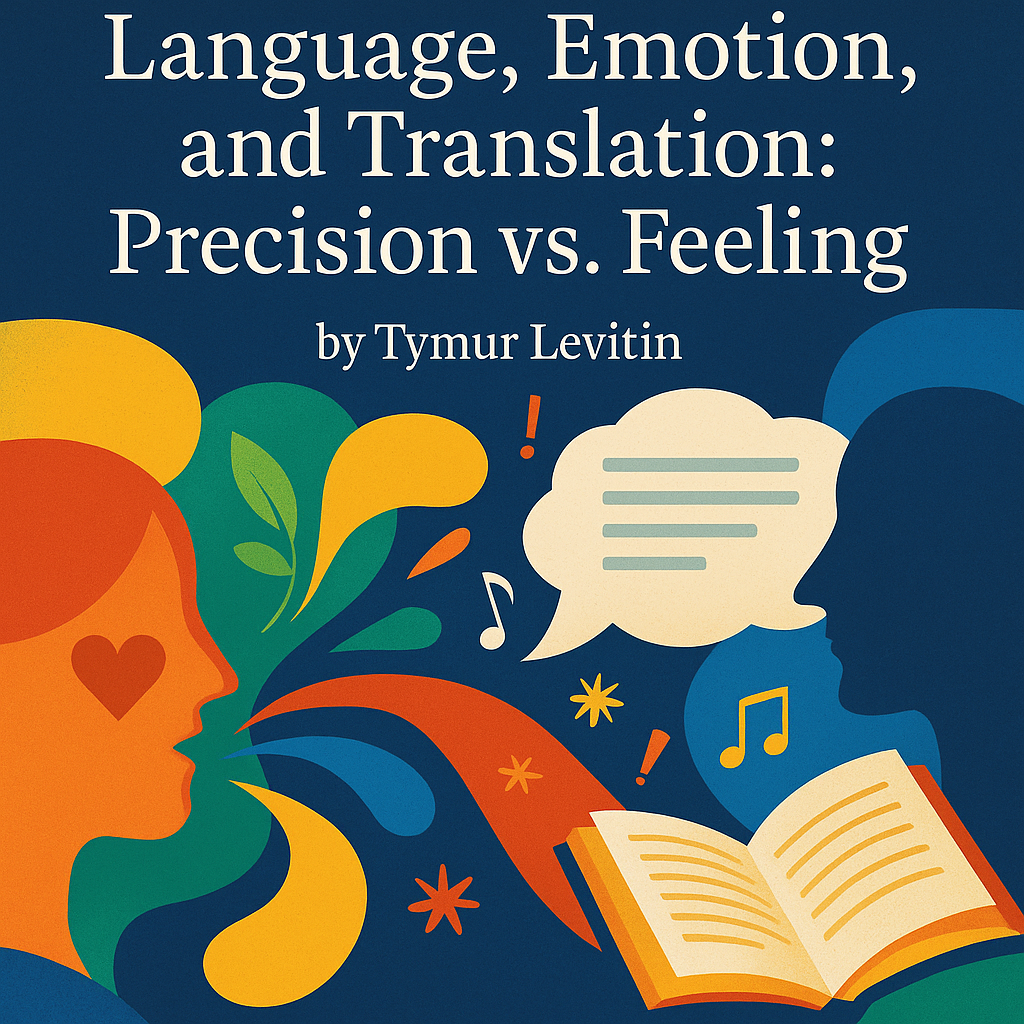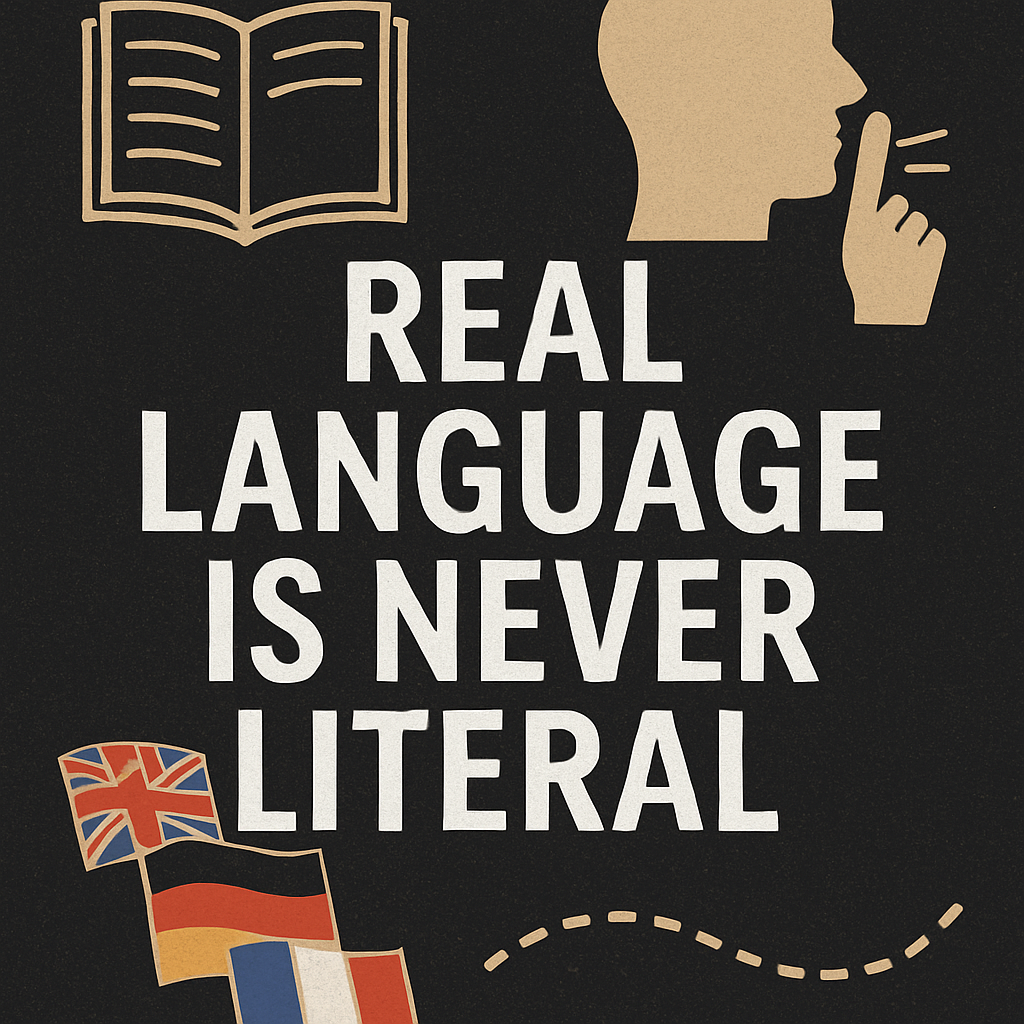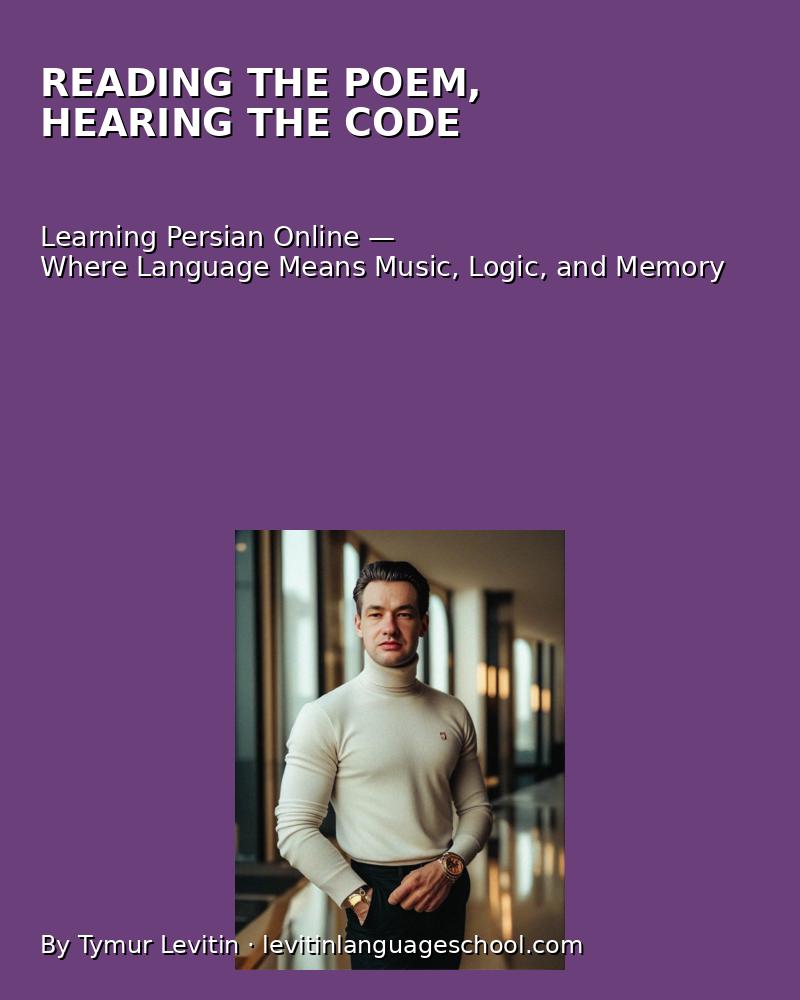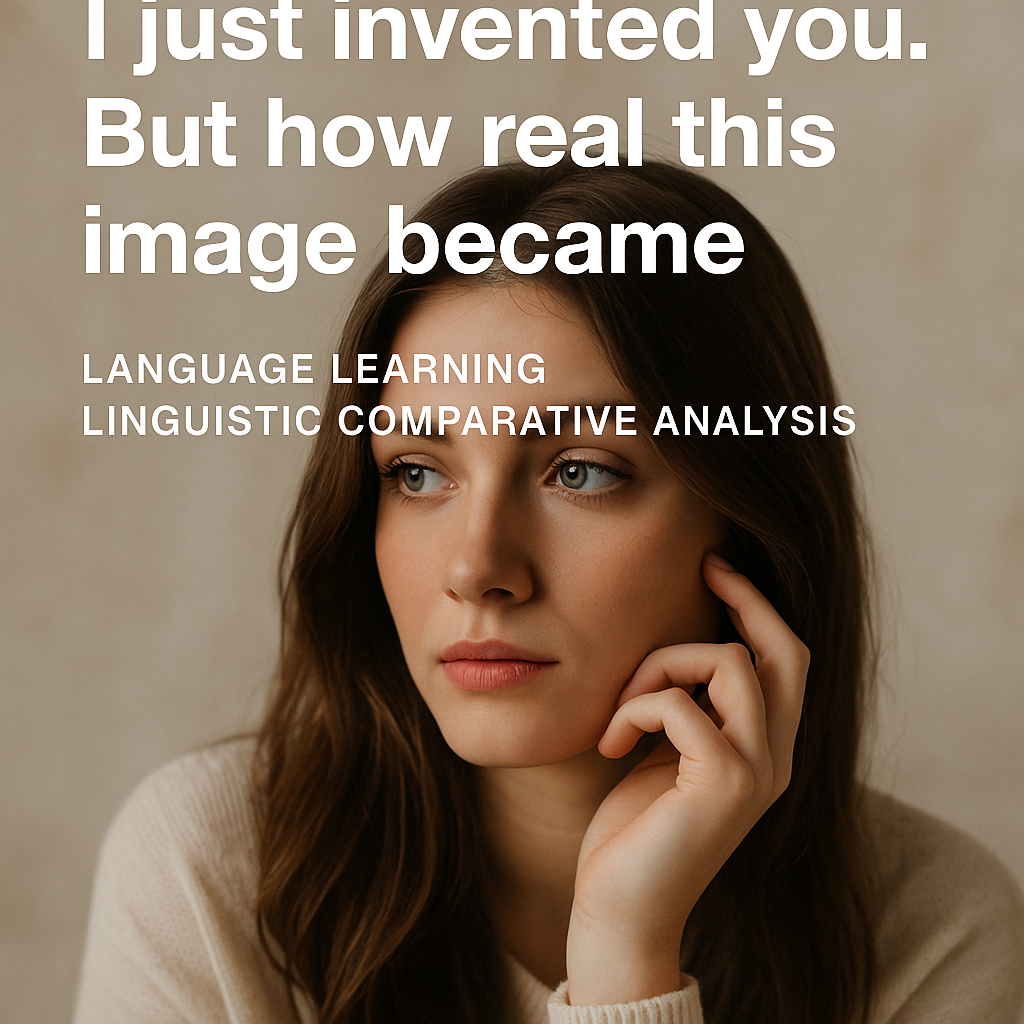Language is not only about words — it’s about meaning. And meaning, in turn, is often shaped by emotion. When translating from English to Ukrainian or teaching these languages, we face a fascinating and delicate challenge: how to preserve the soul of a sentence, not just its grammar.
The Lexicon of Feeling — Words That Hurt or Heal
Every language has its own emotional palette. Consider the English phrase:
- “I miss you.”
In Ukrainian, we might say “Я сумую за тобою,” or more poetically “Мені тебе бракує,” 或 “Я тужу за тобою.” Each carries a slightly different hue — sorrow, longing, or quiet emptiness. - “Resentment” doesn’t map directly to “злість” 或 “образа.” The English word may contain a slow-burning, quiet bitterness that Ukrainian expresses differently — sometimes through a whole phrase, not just a word.
This is where both translator and teacher become interpreters of feelings, not only language.
Grammar with Emotion — Not Just Structure
Grammar isn’t just rules — it’s rhythm and tone. English uses tense to shape emotional depth:
- “I have been thinking of you.” — This present perfect continuous form has a feeling of duration and emotional weight.
- “If only I had known…” — A conditional that carries regret, best mirrored in Ukrainian through structures like “Якби ж я знав…”
Ukrainian, in contrast, conveys emotion through particles like “же,” “хіба,” “ну” and through the musicality of sentence endings. The same sentence, when reworded slightly, may carry tenderness or sharpness — depending on the grammar used.
Stylistic Devices That Carry the Soul
Sometimes, a metaphor says more than a thousand literal words. One example I often share with students comes from Ukrainian poetic language:
🟩 “Моя душа — як розбите дзеркало.”
A literal English translation might be:
- “My soul is like a broken mirror.” — accurate but flat.
A better version — more emotionally aligned — would be:
- “My soul is shattered like a mirror — still whole in the frame, but broken in reflection.”
Why? Because this version doesn’t just describe a state. It evokes a visual, emotional, and symbolic experience. The idea of a mirror that is still in place but fractured reflects inner pain that remains unseen from the outside — just like the original.
This is what great teaching — and great translation — aims for: resonance, not replication.
What It Means for Teachers and Translators
Teaching language isn’t about throwing grammar rules at students. It’s about helping them express what matters.
A student may ask: “How do I say that I’m angry but trying not to show it?” That’s not in any textbook — but it’s in real life.
As a teacher, I help them find the words that fit their thoughts. As a translator, I find the thoughts behind the words.
How We Teach Emotions at Start Language School by Tymur Levitin
在 开始语言学校》,作者 Tymur Levitin, also known internationally as 列维廷语言学校, we believe that language is more than memorization. It’s about connection.
We teach English and Ukrainian (and many more languages) through conversation, reflection, and storytelling — not just drills.
🟢 You’re not just learning a language — you’re learning how to think and feel in that language.
🔗 Meet Tymur Levitin — your teacher, translator, and guide
Want to Learn Ukrainian or English This Way?
Choose real language. Choose meaning.
🔗 Learn Ukrainian with us
🔗 English Courses at Levitin Language School
Related Reading from Our Blog
→ Language and Emotion in Translation — Precision vs. Feeling
→ Translating Literary Identity — Salinger and Remarque
🖋️ Author’s Column — Tymur Levitin on Language, Identity, and Meaning
© Tymur Levitin — founder, senior teacher, and certified translator
Start Language School by Tymur Levitin / Levitin Language School
























